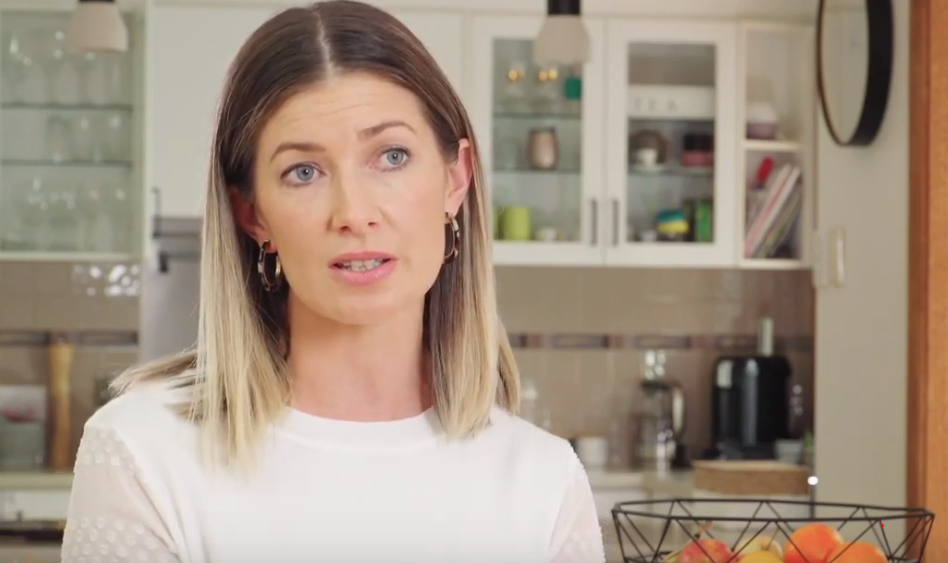ESG
Aussie breast cancer patients not told about fertility options
A new survey has shown one in six young women diagnosed with breast cancer in Australia are not being informed of their fertility options. More than half of the women surveyed said they were not referred to a fertility specialist before treatment started.
The findings also revealed that in some cases limited options were discussed and all potential risks to fertility were not fully explained. More than half the respondents chose not to pursue any fertility options, with 29 per cent of those women saying they found it ‘overwhelming’ at the time of their diagnosis.
The survey was conducted by Breast Cancer Network Australia (BCNA), which has released a series of videos aimed at raising awareness of fertility preservation. The videos feature young Australian women telling their stories of the fertility decisions they made on their breast cancer journey.
BCNA CEO Kirsten Pilatti said women aged 20-39 account for around 5 per cent of all breast cancer diagnoses in Australia.
‘That means two young women every day hear the news they have breast cancer. In the middle of the whirlwind of decisions they have to make around treatment, these young women also have to consider the risk to their fertility.’
‘The overwhelming majority will survive and be able to have children. That’s why it is so devastating to hear from young women who were not informed of their choices and found they are infertile as a result of their treatment.
‘It is critical young women have all the facts they need to make informed decisions that deliver the best possible outcome.’
Kirsten said the videos would be an invaluable tool in helping the decision-making process.
Fertility specialist Associate Professor Kate Stern said it was important for young women to be informed about the fertility risks of their treatment.
‘There is almost always time to think about fertility preservation before starting treatment and there are options available, no matter where they live,’ she said.
‘A lot of young women diagnosed with breast cancer will have chemotherapy. It is very effective against cancer cells, but can reduce the total number of eggs. That’s why it is vital for these young women to consider fertility as part of their treatment regimen.
‘Having a breast cancer diagnosis is really overwhelming. It’s so important to have your oncology team, your treatment team and your fertility team working together.
‘Even young women who think they don’t want to have a baby, should have the discussion to open their mind to thinking about it. This is all about looking after their future,’ Prof Stern said.
Young women diagnosed with breast cancer wanting to know more about their fertility preservation options should go to myjourney.org.au to access the resource.
The resource was created in conjunction with Cancer Australia as part of its Supporting Women in Rural Areas Diagnosed with Breast Cancer Program.
Register FREE to receive the latest news, innovations and insights from Health Industry Hub; the only one-stop-hub connecting Australia’s Pharma, MedTech and Biotech industry professionals and its key stakeholders.
News & Trends - Biotechnology

Aussie biotech secures agreement with UQ and USyd to advance cardiovascular diseases research
Biotech News: Australian biotechnology company, Cartherics, developing immune cell therapies for the treatment of cancer, has entered into a Technology […]
MoreNews & Trends - MedTech & Diagnostics

NSW Health Secretary urges more focus on patient experience, drawing from her own heart valve disease journey
In a heart-warming event that united patients, their loved ones, representatives from patient organisations and employees, Edwards Lifesciences hosted its […]
MoreHuman Resources

‘To be an inclusive society, we need an embedded national strategy to combat systemic racism’, says Commissioner Sivaraman
Race Discrimination Commissioner Giridharan Sivaraman has welcomed the release of the Multicultural Framework Review by the Federal Government, calling it […]
MoreNews & Trends - Pharmaceuticals

Shingles vaccine lowers risk of dementia
Pharma News: A recombinant shingles vaccine which was added to Australia’s National Immunisation Program (NIP) in November last year, is […]
More